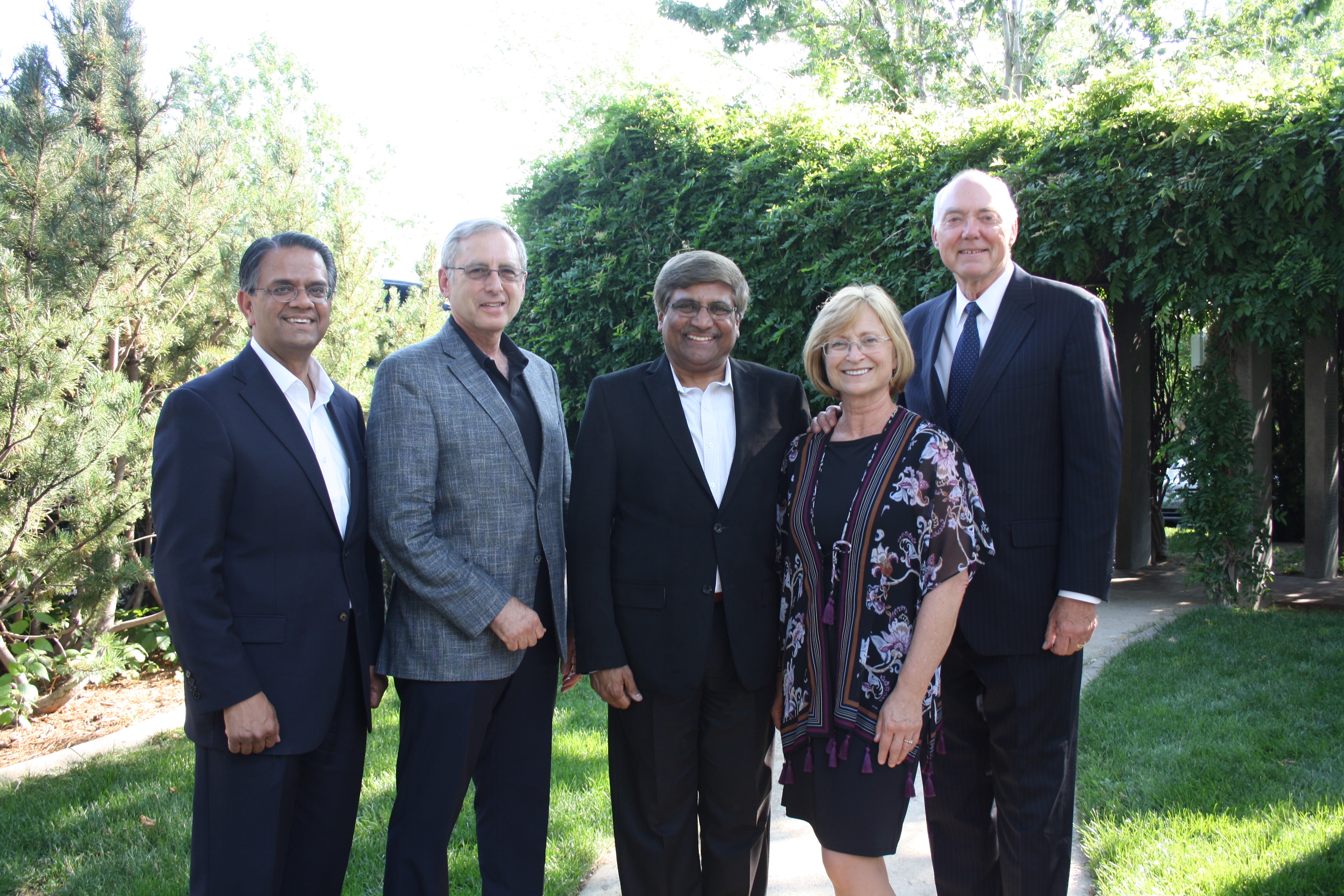
The Council on Research (COR) consists of the senior university officers at member campuses and systems with responsibility for research strategy, policy and administration. COR provides an opportunity for vice presidents/chancellors for research and selected associates to share information and advice on common issues and university practices, as well as to develop understanding and strategy in response to government policies and regulations affecting research and innovation. The COR Fellows program and annual workshop provides opportunity for professional development for new and future research officers. COR working groups have focused on such topics as safe and inclusive research cultures, university and industry collaboration, the future of the research system, research security, and improving the culture of safety in campus laboratories and workspaces. COR members often work in collaboration with others at APLU on matters such as government affairs, international and economic engagement.
For additional details on how COR is structured, see the Council on Research Purpose and Operating Guidelines.
Get Involved with COR
For more information on getting involved with COR, email Director, Research Policy Kevin Cooke.





Stay Connected
X (formerly Twitter)
Facebook
YouTube
LinkedIn
RSS